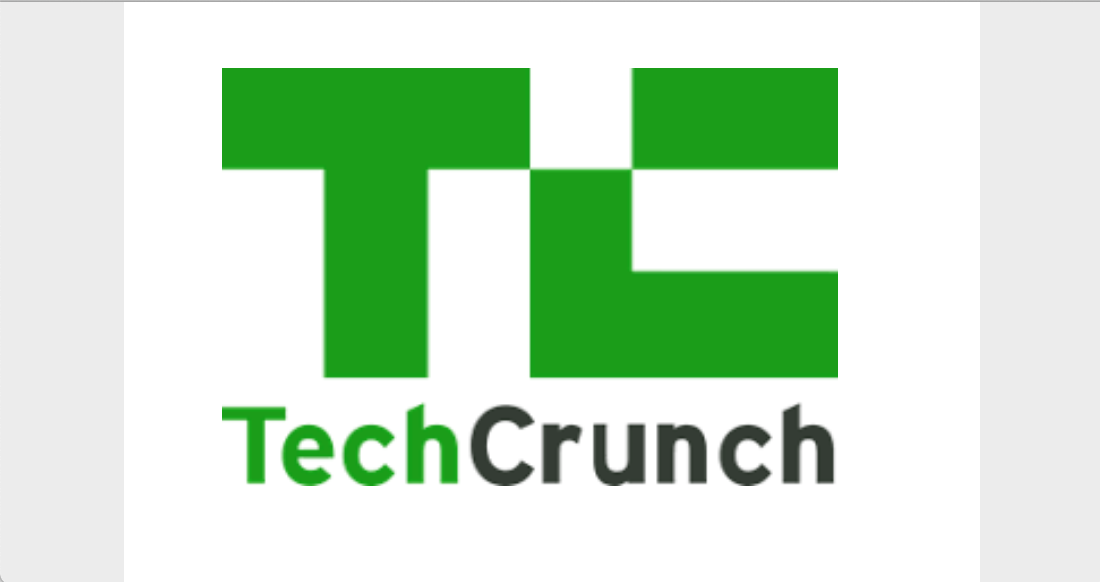With a new CEO, Metabiota looks to new markets for its epidemic monitoring toolkit

Bill Rossi, the new chief executive officer at Metabiota, believes that (unlikely as it seems) the insurance industry might be the key to stopping epidemic outbreaks worldwide — and that Metabiota would supply the monitoring tools to make the product work.
Rossi, who quietly took the reins at the San Francisco-based company earlier in the year, said that a new product is being developed by international insurance companies alongside global financial institutions to respond to pandemic risk.
The company’s chief executive said that the new policies will provide financing in the wake of deadly pandemics and encourage multi-national corporations and nation-states to invest in preventing the spread of disease.
Metabiota launched its insurance product last month and has been pitching its services to insurers, nations, and companies ever since. Indeed, Metabiota is partnering with the African Risk Capacity (ARC) agency, an agency of the African Union (AU) to help nations respond to threats.
The former chief operating officer of Bidgely, an energy software company (backed by Khosla Ventures) that sold to utilities worldwide, and the former chief marketing officer at Enphase Energy, a solar monitoring solution.
Perhaps most relevant, Rossi worked at Google selling productivity apps to enterprise customers. A graduate from Dartmouth with an MBA from Harvard, Metabiota’s new chief executive is focused on juicing the company’s growth after 8 years selling to the relatively staid government market.
Rossi took over the executive role from co-chief executives Nathan Wolfe and Robert Mann, though Nathan still remains involved with the company.
“Most of its history was in government services,” says Rossi. “Government services is a good market, but if the goal is to make the world resistant to epidemic risk and [the insurance product] is one way to make the world more resilient.”
Interest in epidemic and pandemic risk insurance has been growing since the Ebola outbreak of 2014. Last year at the G7 finance summit in Japan, financial leaders from the world’s largest economies unveiled the Pandemic Emergency Financing Facility, a $500 million effort to make funds instantly available for curbing the spread of infectious diseases.
Those public funds are being complimented by work insurers are already doing to sell sovereign wealth insurance for epidemic risk, Rossi said.
There’s a potential for abuse in these kinds of policies which may provide a perverse incentive to governments which could conceivably profit on the back of insurance payouts in the event that a country is adversely affected by an epidemic (not to be too ghoulish about it).
Rossi insists that the insurance policies will encourage countries to establish better monitoring and management tools so that they can respond to outbreaks before they become severe global pandemics.
For Rossi and the team at Metabiota, it’s imperative that the governments of countries where these pandemics originate invest in early detection systems for when diseases begin to spread.
“These global health threats represent a pretty sizable disruption,” says Rossi. “We work with sovereign nations and also the insurers who have the financial wherewithal to ensure that policies are put in place to prevent the spread of disease.”
The threats aren’t academic. Earlier this month the World Health Organization confirmed an outbreak of the Ebola virus disease in the Democratic Republic of Congo. So far, three deaths were connected to the virus, and another 21 suspected cases are being investigated.
A two-year outbreak in West Africa which began in 2014 infected 28,000 people and resulted in 11,000 deaths.
